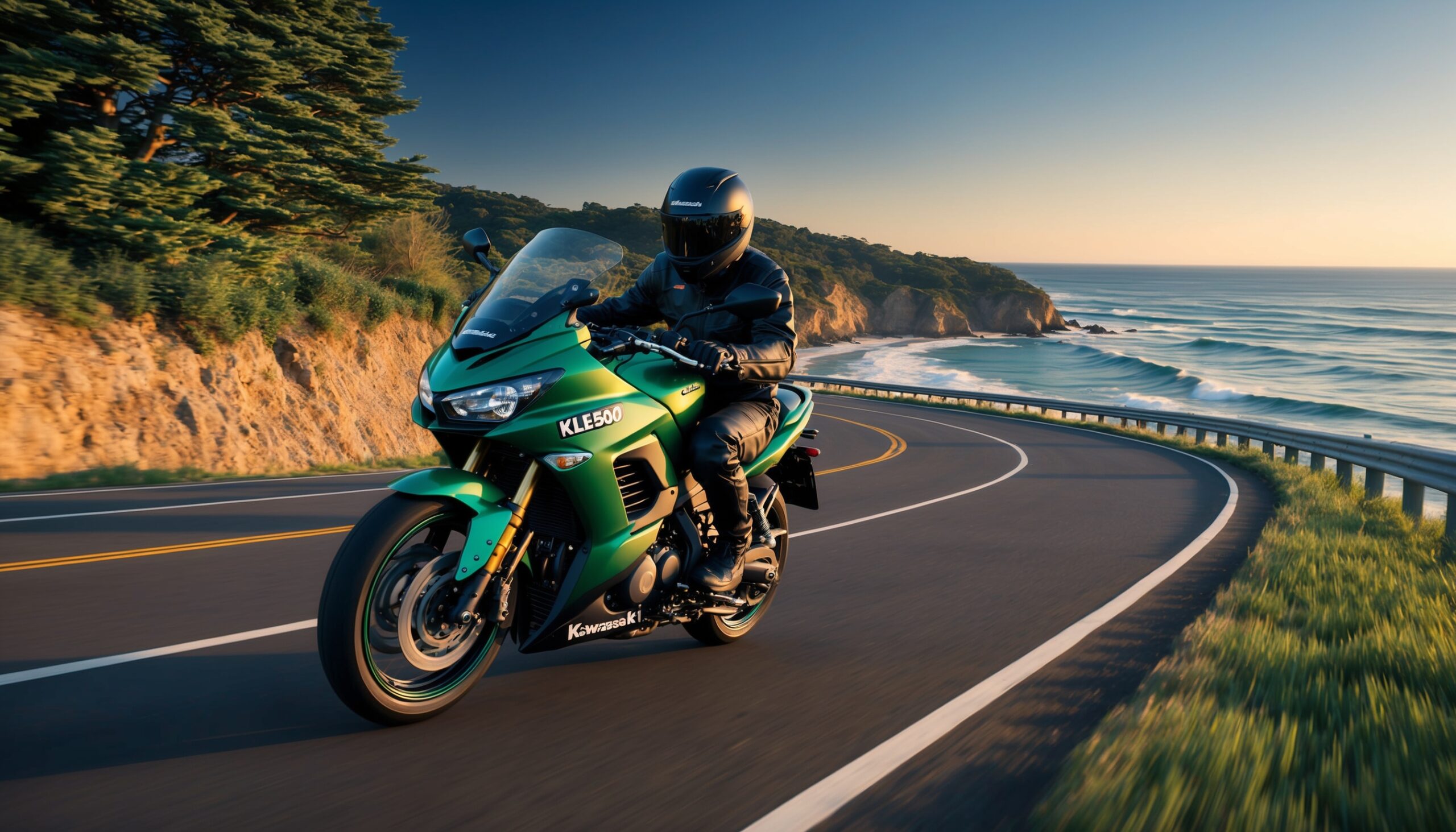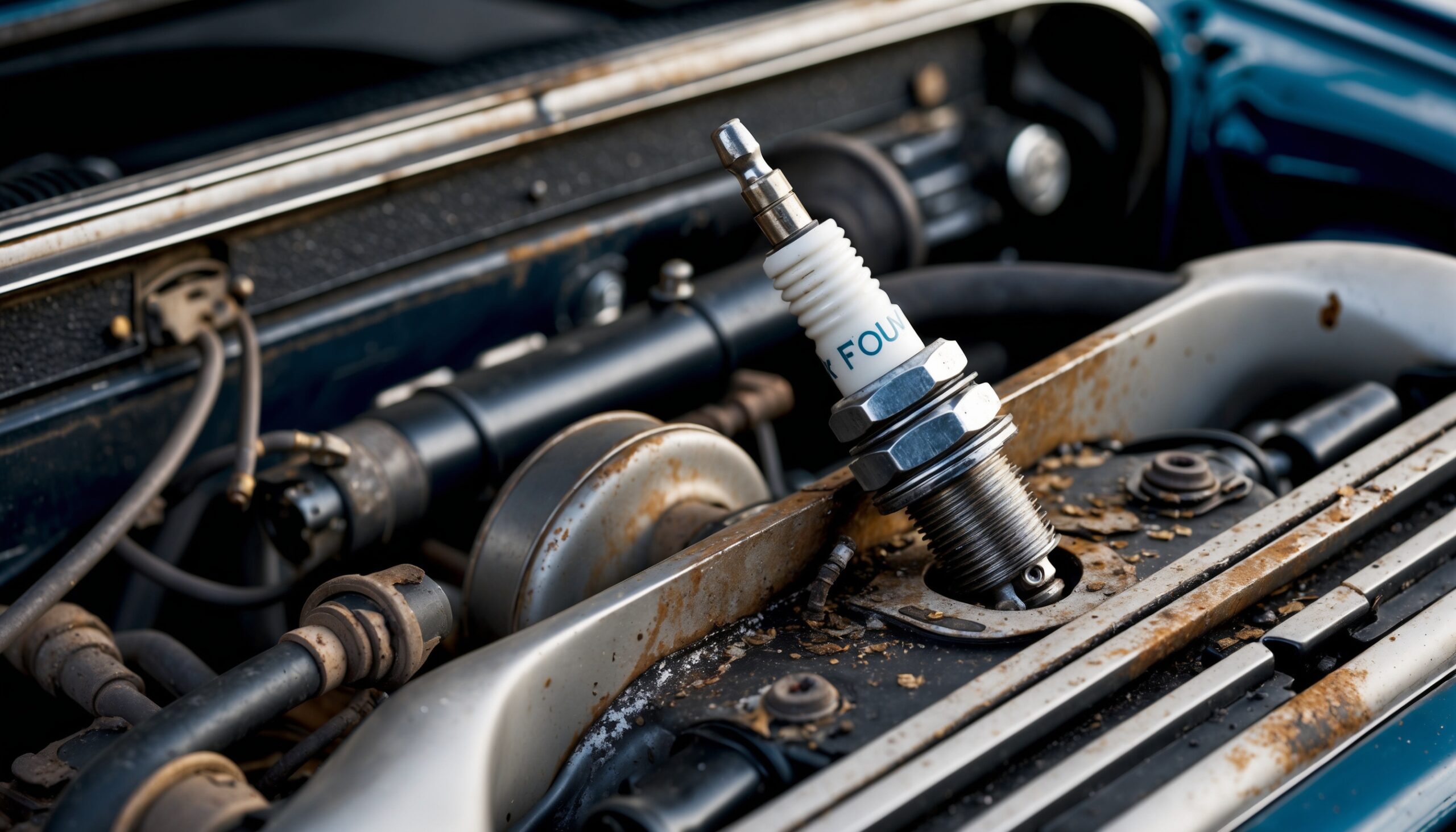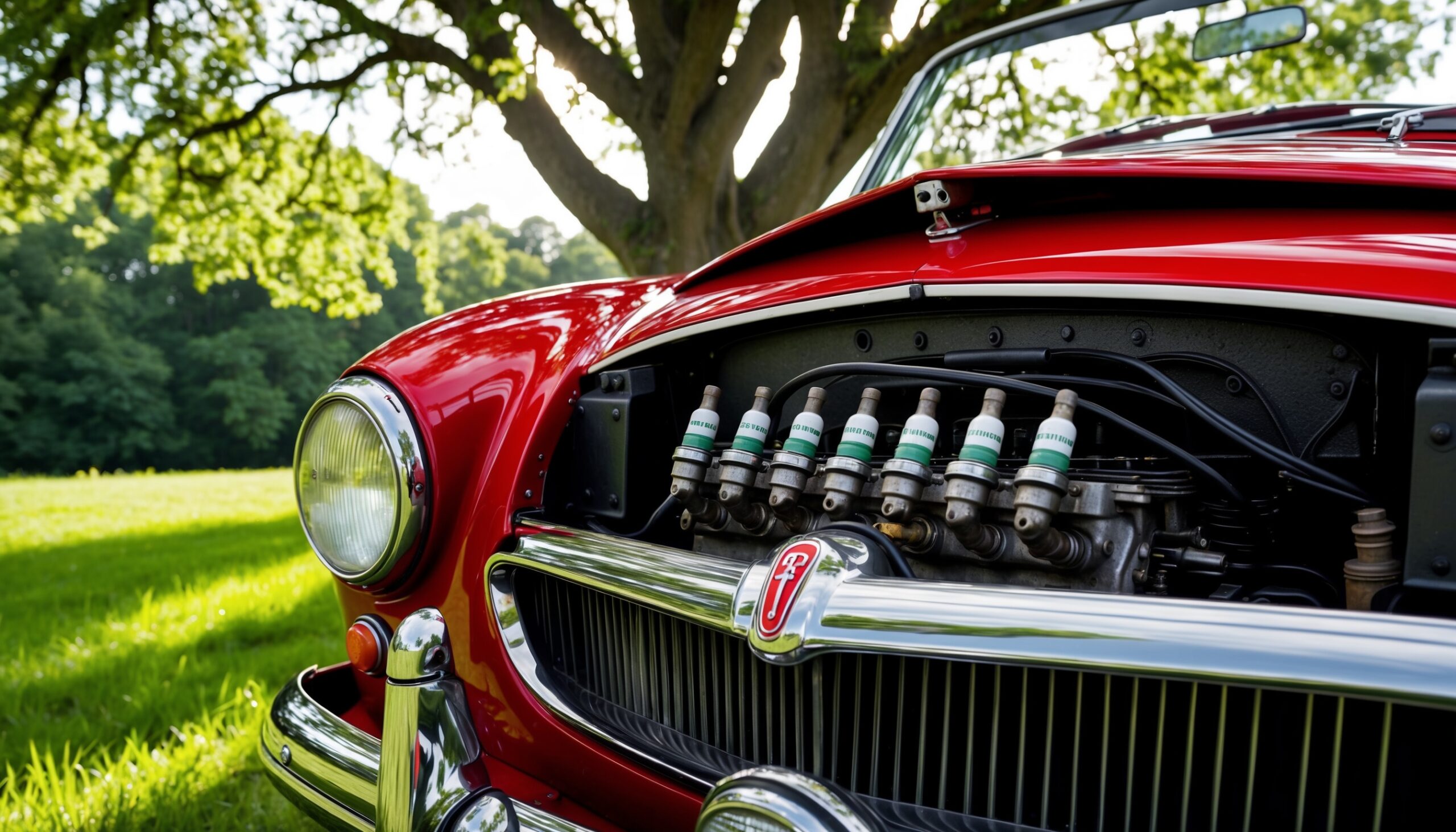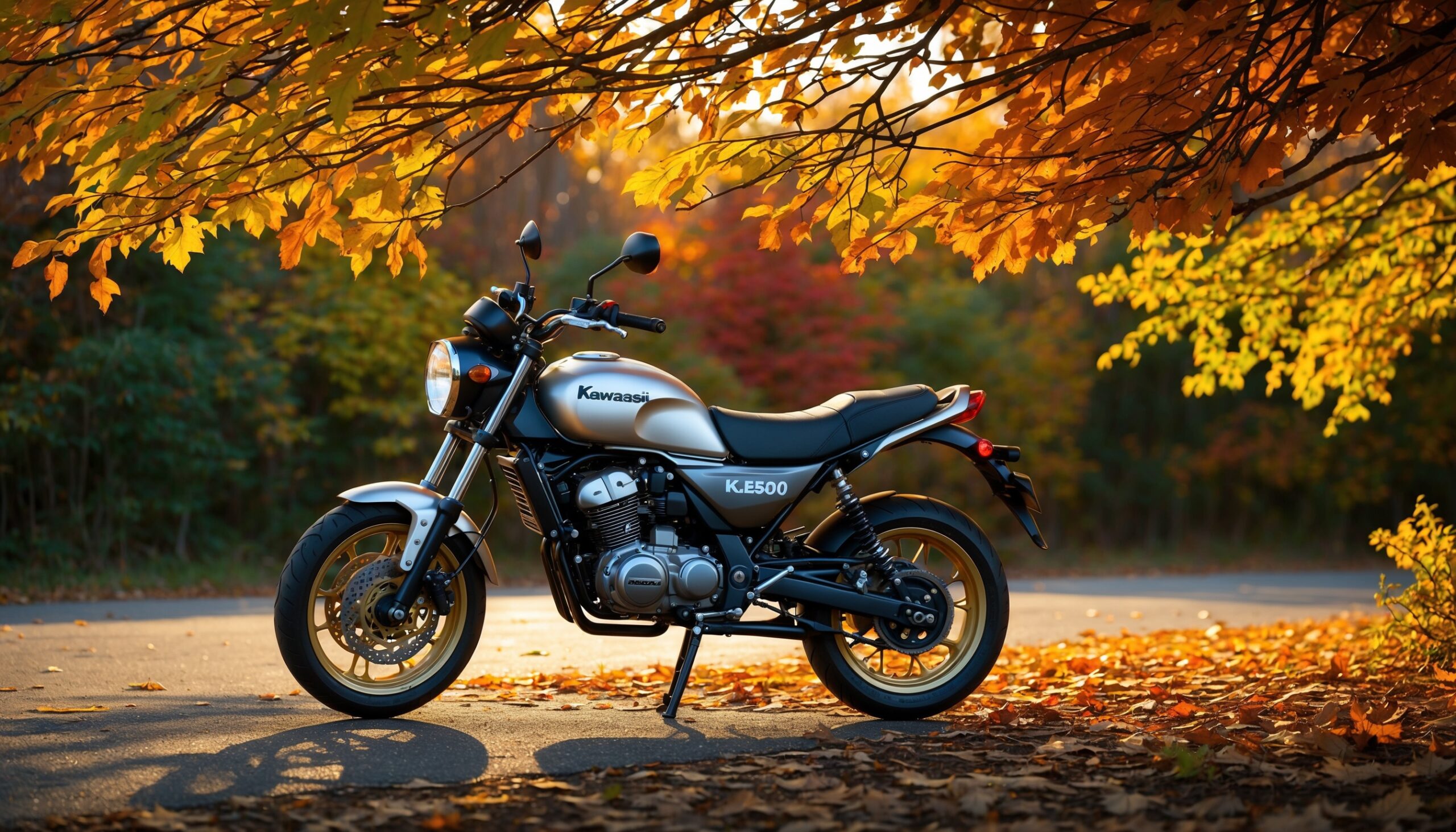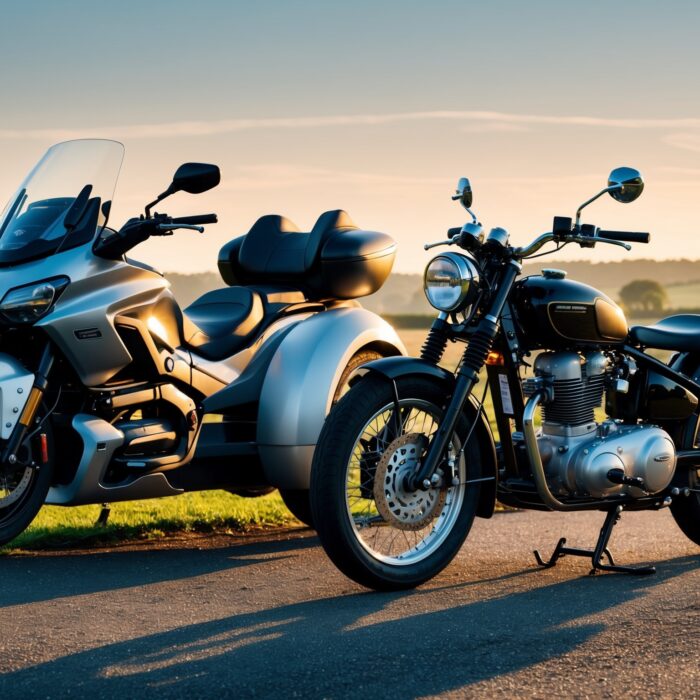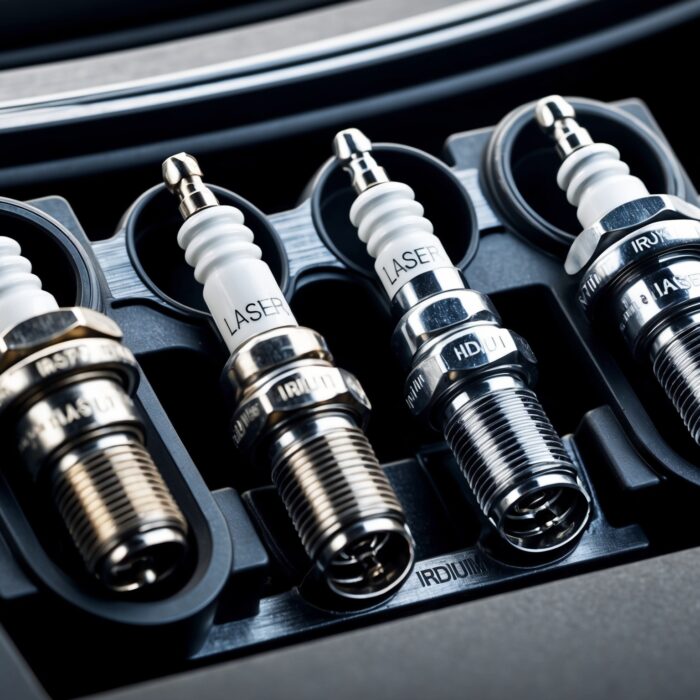Avoid Using Your Parking Brake When on Vacation
As car enthusiasts, we know how much our vehicles mean to us. They’re not just a means of transportation; they’re an extension of our personalities, a testament to our hard work, and sometimes even a little piece of art. So when it comes to taking care of them, especially during long vacations, every detail matters. One seemingly small detail that could lead to major headaches is the use of your parking brake. Yes, you read that right! Avoiding your parking brake while on vacation can save you from potential problems and ensure that your ride is ready to hit the road when you return.
The Parking Brake Dilemma
Let’s start with the basics. The parking brake, or handbrake, is designed to keep your vehicle stationary when parked. It’s a crucial safety feature, especially on inclines. However, if you’re planning to leave your car parked for an extended period while you enjoy the sun and surf, using that parking brake may not be the best idea. Here’s why.
Understanding How the Parking Brake Works
The parking brake engages the rear wheels through a system of cables and levers. When you pull the lever or push the button, it creates friction to hold the vehicle in place. While it’s essential for short stops and parking on inclines, long-term use can lead to several issues, especially when your car sits idle for days or weeks.
Potential Issues with the Parking Brake
When you engage the parking brake and leave your car parked for an extended period, several problems might arise. Here are some of the most common issues:
- Brake Pad Adhesion: Over time, the brake pads can stick to the rotors or drums, especially in humid or wet conditions. This adhesion can make it difficult to release the parking brake when you return.
- Corrosion: If your vehicle is parked in an area with high humidity or salt exposure, corrosion can develop on the brake components, leading to deteriorated performance.
- Wear and Tear: The constant engagement of the parking brake can lead to premature wear on the brake components, which may require costly repairs in the future.
- Flat Spots on Tires: Leaving your car stationary for too long can cause flat spots on tires, especially when the parking brake is engaged, preventing the wheels from rotating.
What to Do Instead
So, how can you ensure your vehicle remains safe and sound while you’re away without using the parking brake? Here are some tips and alternatives to consider:
1. Find a Level Surface
Before you leave your vehicle, make sure to park it on a flat and level surface. This way, you won’t need to rely on the parking brake to keep it stationary. If you’re in a garage or driveway, that’s even better!
Also Read: Avoid Using Your Parking Brake When on Vacation
2. Use Wheel Chocks
Invest in a set of wheel chocks. These handy devices can be placed behind the tires to prevent your vehicle from rolling. When using wheel chocks, make sure they are securely in place and positioned correctly for maximum effectiveness.
3. Leave It in Gear
If you drive a manual transmission, leaving your car in gear can help keep it stationary. If it’s an automatic, you can leave it in “Park.” Just ensure you’re on a level surface so gravity isn’t working against you.
4. Regular Checks
If you’re going to be away for an extended period, consider asking a friend or neighbor to check on your vehicle. They can start it up, move it slightly, and make sure everything is in good condition. A little TLC can go a long way!
Best Practices for Long Vacations
Now that we’ve covered the potential pitfalls of using your parking brake, let’s dive into some best practices for maintaining your vehicle while you’re off on your adventures.
1. Clean Your Car
Before you leave, give your vehicle a thorough wash and wax. This will protect the paint and clear coat from contaminants and UV damage while it’s sitting still. A clean car is not only aesthetically pleasing but can prevent rust and corrosion as well!
2. Check Fluid Levels
Make it a habit to check all your fluid levels before you leave. This includes oil, coolant, brake fluid, and windshield washer fluid. Ensuring these are topped off can help prevent any mishaps when you start your car again.
Also Read: Avoid Using Your Parking Brake When on Vacation
3. Fill Up the Gas Tank
Leaving your tank full can help prevent moisture from accumulating in the fuel system. This is particularly important if your car will be sitting for an extended time, as moisture can lead to fuel line issues.
4. Disconnect the Battery
If you’re leaving your car for a long time, consider disconnecting the battery. This can prevent drain from accessories and keep your battery healthy. Just remember to reconnect it when you return!
5. Consider a Car Cover
If your vehicle will be exposed to the elements, investing in a good-quality car cover is a wise choice. This will protect it from dust, debris, and UV rays, ensuring it looks as good as new when you get back.

When to Use Your Parking Brake
While we’ve outlined the reasons to avoid using your parking brake during extended vacations, there are still times when it’s appropriate to engage it. Here are some situations where using the parking brake is not only acceptable but necessary:
- Parking on an Incline: Always use your parking brake when parked on a hill to prevent your car from rolling.
- Short Stops: Using the parking brake for quick stops, like when running into a store, is perfectly fine.
- In Emergency Situations: If your vehicle begins to roll unexpectedly, engage the parking brake immediately for safety.
Final Thoughts
As car enthusiasts, we want to treat our vehicles with the utmost care, especially when we’re away on vacation. By avoiding the parking brake during extended periods of inactivity and implementing some of the best practices we discussed, you can ensure your car is ready to hit the road upon your return.
Whether it’s a thrilling summer road trip or a cozy winter getaway, keeping your car safe and sound is essential. Remember, the last thing you want after a wonderful vacation is to come back to a vehicle that won’t start or has suffered damage due to improper storage practices. At Torque Feed, we believe that every car deserves the best care possible, and following these guidelines will help you do just that.
So go ahead, enjoy your vacation, and rest easy knowing your car is in good hands while you’re away!


